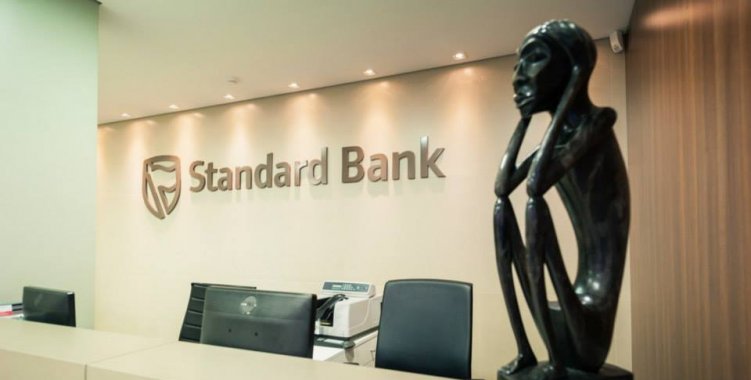Angola will have "a relatively small GDP [gross domestic product] growth in 2020. We estimate slightly above 1 percent, which is clearly low for an emerging economy like Angola, which should be growing at least above the population level," portuguese Luís Teles said.
The population "grows between 3 and 3.5 percent per year, which represents almost a million people, or slightly less, entering the job market," and jobs need to be created, the manager said.
For Luís Teles, the country's economic situation has been "difficult, somewhat turbulent".
Because "it has been in recession for several years in a row and is unable to kick-start economic growth, especially through its dependence on oil", he said.
On the other hand, in the manager's opinion, the much desired diversification of the economy in order to reduce its dependence on oil may also take at least a decade to be achieved.
"We have seen the price of oil low. And Angola has also suffered a retraction of investment in the oil sector since 2015, due to the fall in oil, which has made the level of production now lower," he said.
This "double effect has exponentiated the dependence on oil, as there has not been enough investment in recent years to diversify the economy," he said.
In this way, he considered that all the measures being taken by the government, although "meritorious" should "take a few years to have an effect".
For the CEO of Standard Bank Angola, "it is difficult to expect the diversification of a 100 billion dollars economy in two years.
"It's not going to happen because it requires not only the confidence of private sector investors, it requires technical knowledge, it requires financial availability, not only from shareholders, but also from banks, liquidity so that they can support these projects, which have to be implemented," he noted.
And he continued: "It's necessary to recruit people, to get factories up and running, and it's going to take five to ten years before we start seeing some results".
So, in the manager's opinion, "Angola still has some very difficult years ahead of it".
Therefore, he argued that "it is necessary to generate employment" and that there should be more investment, both private and public.
"We know that the State is in a phase of high public indebtedness and with a set of restrictions, due to the IMF programme, which does not allow the State to continue to be in debt," he said.
As for the possibility of more companies leaving the national market, given the difficulties, the manager admitted that many have already "reduced their structures, to cope with the current market situation".
For the manager what is needed now is "a positive sign for companies, so that they can start growing again. I think that signal has been given by the government, but there is still no feeling in the market that there has been a reversal of the curve".
That is why "we are still waiting for the beginning of economic growth", he stressed, warning that "it is very important that there is a decrease in interest rates, (...) that there is a price control".
In the current context of the country's economy, the Portuguese manager of Standard Bank Angola defended that Portuguese companies "have an increased responsibility" because they know the country better than most of their counterparts from other origins.
"Therefore, the movement of entering and leaving Angola, as people sometimes say, is the worst thing that can happen, because it doesn't generate confidence in the market. It's necessary to maintain a presence at all times, and then adjust the structure to the size of the market," he suggested.
For companies that currently want to invest, the manager recalled that Luanda "is making a huge effort to attract new investment.
Thus, "it is necessary to make courageous decisions at times and enter before the market changes".
"It can't be after economic growth that companies come," he said.
Luis Telles recalled that "relevant" public investments have been announced in the mining, energy and other sectors that "may give the impression that there are opportunities in Angola for companies to work".
At the same time, in the private sector there are also "good opportunities in Angola", he concluded.







